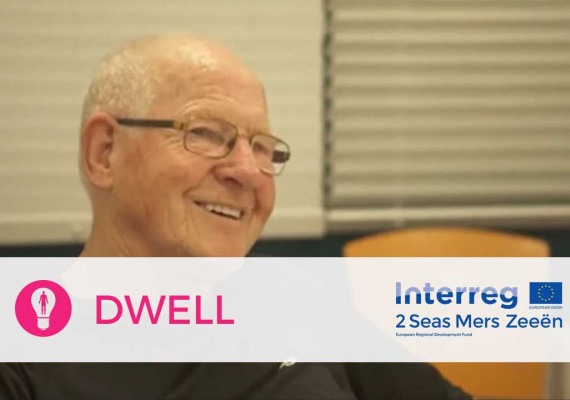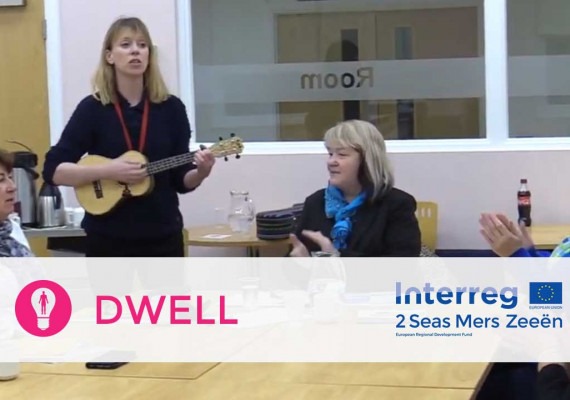DWELL
Diabetes and WELLbeing
Priority Axis
Technological and Social InnovationSpecific objective
Social Innovation
Lead partner
The Health and Europe CentreContact
Start Date
01/08/2016End Date
31/03/2023Project budget
3 858 641 €ERDF amount
2 315 184 €ERDF rate
60%About
Common challenge
Non-communicable diseases (NCDs) are now the most common cause of death and disability in the EU, accounting for 86% of deaths and 77% of the disease burden. The WHO European Region has put high on its agenda plans to reduce avoidable deaths from NCDs by working to provide public health tools that help to implement more effective programmes. As obesity rates rise, so will the rates of obesity-related diseases such as diabetes. Diabetes is a long-term, non-communicable disease of huge societal and economic concern, and not just a clinical issue. Type 2 diabetes, which constitutes 90% of those with the disease, is acquired in later life and can be successfully controlled through healthy lifestyle choices. In 2012, approximately 32 million people in the EU had diabetes. On average, 10% of state healthcare expenditure is spent on treating it and on all related complications. Research showed that intensive self-management is required, but there was no standard approach. Initiatives to increase effective, low-cost self-management are essential to the sustainability of treatment. DWELL ensured this becomes standard practice in the future.
Overall objective
Main outputs
Cross border approach
Main Achievements
DWELL is a holistic programme that encourages and motivates people with Type 2 Diabetes to manage their condition better. From the start, it was important for the project partners to not only have healthcare professionals involved in the development of the 12-week programme, but also the patients themselves. To have an impact and the lasting effect, the project needed those that fully understood what it was like to live with Type 2 Diabetes. It was agreed that DWELL should consist of 4 core modules: education, nutrition, physical activity, and wellbeing. However, at the heart of all of these modules is peer support, motivational interviewing, and self-management.
Alongside the 12-week patient support programme, a staff training programme was also needed and therefore, delivered. DWELL is a new way of delivery, taking the focus away from the medical model to a holistic approach, and it was important that staff felt equipped and comfortable having conversations about goals, presenting diabetes in a common language, and ensuring good facilitation skills. 748 people have started their DWELL journey and the common theme presented back at evaluation meetings is the community that it developed and how important good facilitation has had an impact on progress made.
The support not only falls within the group sessions, but ambassadors have played a key role as well in the DWELL approach. Having a group of people at each site, that grows as more programmes are delivered, are key to pulling everything together. Some have gone on to form walking groups, cooking groups, craft groups or just organised regular meet ups. There is also online support should participants need an alternative reference point.
DWELL has achieved some fantastic results: improvements in metabolic health, enhanced patient empowerment, improved management of diabetes, improvement in physical and mental health and improved quality of life.
Finally, DWELL was approached by a German filmmaker & will feature as part of a documentary titled 'Chronic diseases - how do we get them under control?' for 3Sat TV which covers Germany, Switzerland and Austria. The learnings from DWELL were also applied to several other European projects.
Testimonial
“The DWELL programme continues to support the notion that "Health doesn't just happen in the doctor's surgery". Education, nutrition, physical activity, and wellbeing, but at the heart of all of these is peer support, motivational interviewing, and self-management.”


